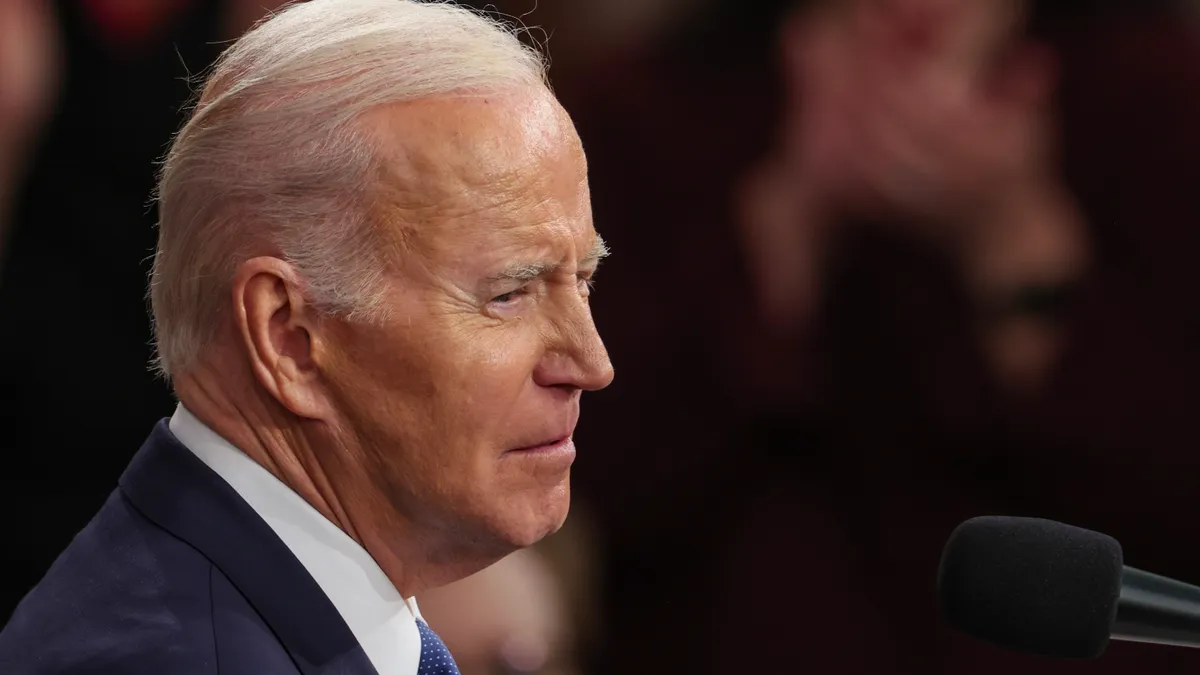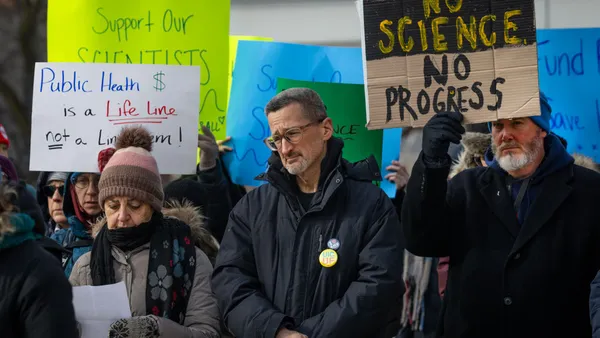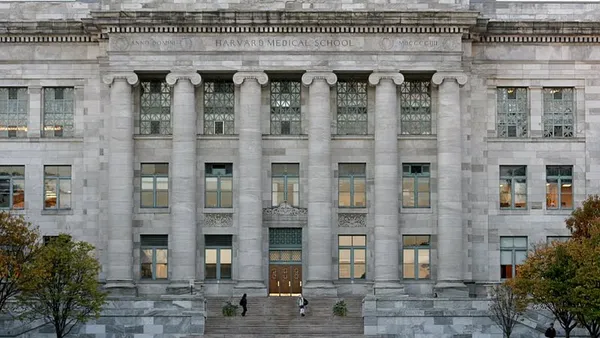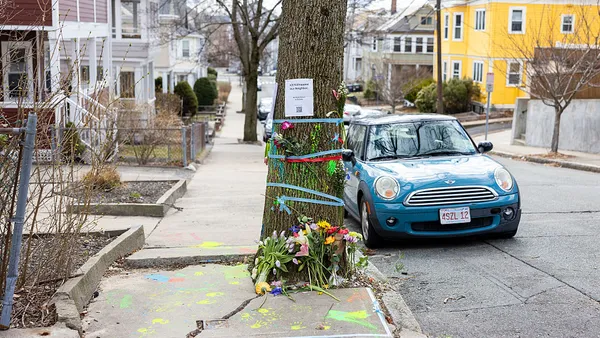Dive Brief:
- Seven Republican-controlled states, led by Missouri, filed a lawsuit in federal court Tuesday against the Biden administration’s new income-driven repayment plan.
- The plan — known as Saving on a Valuable Education, or SAVE — has eliminated or reduced monthly payments for a majority of student loan borrowers who are enrolled, the plaintiff states said. They argued that President Joe Biden and the U.S. Department of Education did not have the authority to enact such a plan and asked the court to halt it.
- Tuesday's lawsuit is the second state-led action against the SAVE plan in less than a month, throwing further roadblocks in the way of Biden's student loan agenda.
Dive Insight:
The U.S. Supreme Court last year shot down Biden's plan to provide broad student debt relief. The ruling dealt a major blow to the president's student loan agenda, but he promptly vowed to pursue his goal through an alternative pathway.
His new debt relief plan, unveiled this week, relies on a different federal law than his first proposal to lower or erase the student loans of some 30 million borrowers. But the seven states accuse the Biden administration of attempting to further implement widespread debt relief through the SAVE plan, which debuted last year.
The SAVE plan "is not the product of a well-reasoned decision," the plaintiffs said. "It is a pretext to evade a Supreme Court decision."
The Biden administration implemented parts of the new plan last year, though some aspects won’t take full effect until July.
Under SAVE, loan holders who initially borrowed $12,000 or less will have their loans forgiven if they make payments for about a decade. In February, the Biden administration said loan servicers would begin processing $1.2 billion in debt relief for borrowers enrolled in the plan.
Those who earn less than 225% of the federal poverty line — about $70,000 annually for a family of four — are also exempt from making monthly payments.
Starting in July, the income-driven repayment plan will also only require borrowers to pay between 5% and 10% of their discretionary funds toward their loans each month.
On Tuesday, the plaintiffs alleged Biden is flagrantly disregarding the government's system of checks and balances by working around legislators and the court system.
"By their nature, loans require repayment except in extenuating circumstances," the lawsuit said. "This is not a student loan program. It is a grant program that Congress never authorized."
The Education Department said Thursday that it does not comment on pending litigation. But it said it has the authority to establish income-driven repayment terms, following a congressional edict in 1993. The SAVE program marks the fourth time in three decades that the department has used the ability, the agency said
Missouri, one of the plaintiffs, played a central role in the Supreme Court's dismissal of Biden's original student loan forgiveness plan. Last year, it argued that the president's plan would have harmed the Higher Education Loan Authority of the State of Missouri, or MOHELA, a federal student loan servicer.
The state made a similar case this week.
MOHELA is paid an administrative fee for each of 7.7 million federal student loans it oversees, the lawsuit said. The SAVE plan would cause MOHELA to lose revenue "by accelerating the forgiveness timeline for the typical borrower by as much as 15 years," the lawsuit said.
Because MOHELA is a public service of Missouri, harm to the loan servicer is harm to the state, the plaintiffs argued.
The new lawsuit comes less than a month after a separate coalition of states took legal action against the plan. Eleven states, mostly Republican-led, sued Biden and the Education Department in March, making similar allegations to Tuesday's lawsuit.
They said neither the president nor the department could legally change loan terms to those resembling a grant program, and that some plaintiff states would see decreased tax revenue due to the plan.
Correction: A previous version of this article misstated which loan holders would receive forgiveness under the SAVE plan. The story has been updated.












